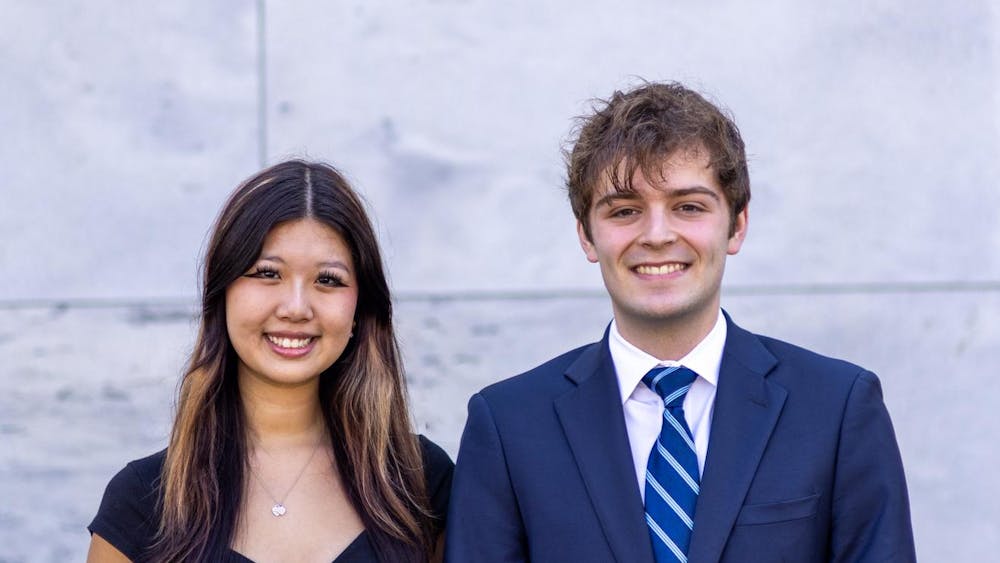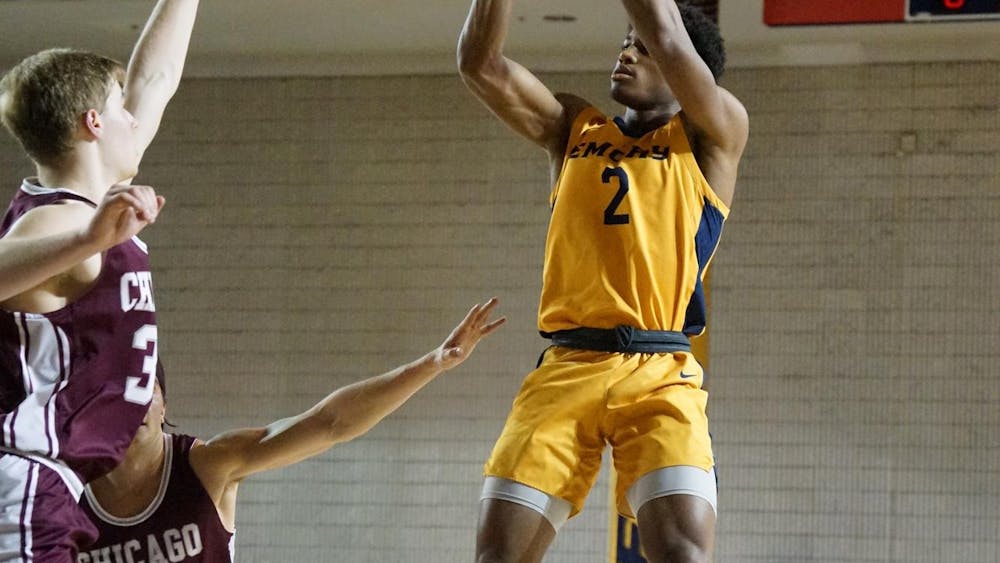Asa Griggs Candler Professor of Chemistry and Biology David Lynn is the latest recipient of the Charles H. Herty Medal, which recognizes scientists in the Southeast who have made significant contributions in research and the advancement of the chemical industry.
Presented annually by the Georgia Section of the American Chemical Society, the award commemorates Charles Herty, a Georgia chemist known for his contributions to the growth of the chemical industry during the World War I era, Lynn said.
Just as Charles Herty engaged the American community about the chemical industry, Lynn said he is engaging the Emory community to inform them about scientific concepts, particularly through the arts. Lynn collaborates with Emory's theater, music and arts departments to supplement concepts that he teaches in class, he said.
For example, Lynn helped organize a flash mob on campus to illustrate evolution at the molecular level. He also collaborated with the Emory Chamber Music Society to integrate music into science. Lynn said he is fortunate that the Emory community is so supportive of his "very crazy ideas."
"Emory's been marvelous to provide the resources and flexibility to be able explore things and to do things that are different," Lynn said.
Lynn's lab seeks to understand the processes of chemical evolution on a molecular level. Much of this work involves molecular self-assembly, which refers to how molecules organize with respect to one another.
Molecular self-assembly applies evolutionary concepts to the survival of molecular functions, Lynn said, which then helps us better understand the physical processes of evolution.
"The process of understanding evolution at multiple levels gives us a different way of communicating to the society at large about how that informs the world that we live in," Lynn said.
Rigoberto Hernandez, the current chair of the Herty Award Committee and a professor of chemistry at Georgia Tech, said the decision to award Lynn the Herty Medal stemmed from his advances in understanding molecular chemistry. He also noted Lynn's interdisciplinary teaching approach and his work in engaging the community.
"He's done a significant amount of work in providing outreach activities to students in K-12 and engaging and motivating them to become scientists," Hernandez said.
Lynn, along with Emory Theater professor Leslie Taylor, also leads a freshman seminar called On Recent Discoveries by Emory Researchers (ORDER), which brings in graduate students and post-doctoral fellows to teach students about research happening at Emory.
Lynn said this was part of a greater university movement to create innovative ways of collaborating. According to him, it is important to work together to find ways of "integrating and taking advantage of the diversity our community represents," which is critical to advancing scientific understanding.
"As a university community, I think we can take great lessons from the contributions that people like Herty made in the past for how we can move forward in the future," Lynn said.
Emory Professor of Pedagogy Arri Eisen said he and Lynn have collaborated on several science-arts initiatives.
"[Lynn]'s been a real transformative force for getting people to think about science in different ways," Eisen said. "I think we just have a great appreciation for the value of science in our everyday lives."
– By Harmeet Kaur
Read More
Trending








